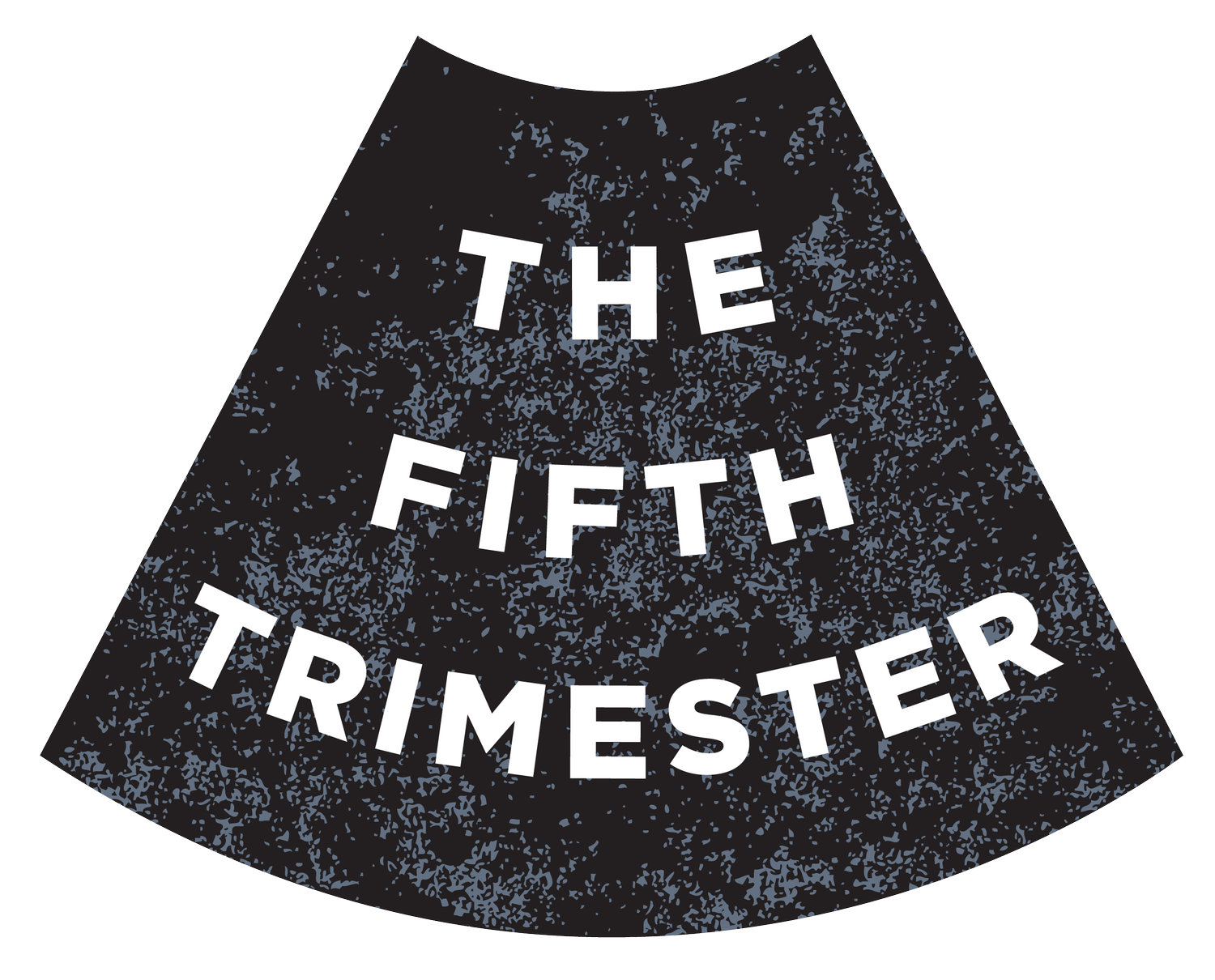If you mentor any young women in your life—at work or maybe just among your family or friends—undoubtedly they've asked you something about so-called work-life balance, or how to have the full life they envision for themselves, eventually. Maybe you've handed them a copy of Lean In or Bossypants or Why Not Me (always a good move), or maybe, like me, you've offered them some more concrete advice—things like, "don't wait until you feel 100% 'ready' to have kids," or, "make sure you take one great trip with your partner before you try to get pregnant."
Here's what I should have said but didn't: "Before you take any new job, find out about the maternity leave." (And now you can—check out List Your Leave and Fairygodboss!)
I stayed at my previous employer, a big magazine company, for almost 13 years. When I started, my boyfriend lived in a different city and was just beginning to think about going to medical school. Kids felt centuries away. Thankfully, there was a happy ending waiting for me when I needed it six years into the job: My company's policies were decent, and more than that, its culture was downright loving.
But what I didn't know then that I do now is that these workplace policies matter long before you're in the market to buy burp cloths and read blogs like this one. When you are 22 or 28 (or 37 or 40) and haven't had a kid yet, you are still very impacted:
- By the 9-months-along co-worker you know you'll be covering for (Is that expected? Is there a budget line for extra fill-in help? Is the general mood congenial, or will you feel taken advantage of?).
- By the boss who paid his or her dues and thinks that's just how it should be. Or by the boss who changed the rules for the better.
- By the sense of gender equality (or lack thereof) that's fostered by the similarities (or lack thereof) between the company's maternity and paternity leave policies. That trickles over, big-time, into the greater corporate culture.
You know what I'd tell someone now, after interviewing 100 women in wildly varied workplaces for my book? Look at the parental leave policies around adoption. Are they the same as for parents who conceive their own children? To me, that tells you everything you need to know.
















